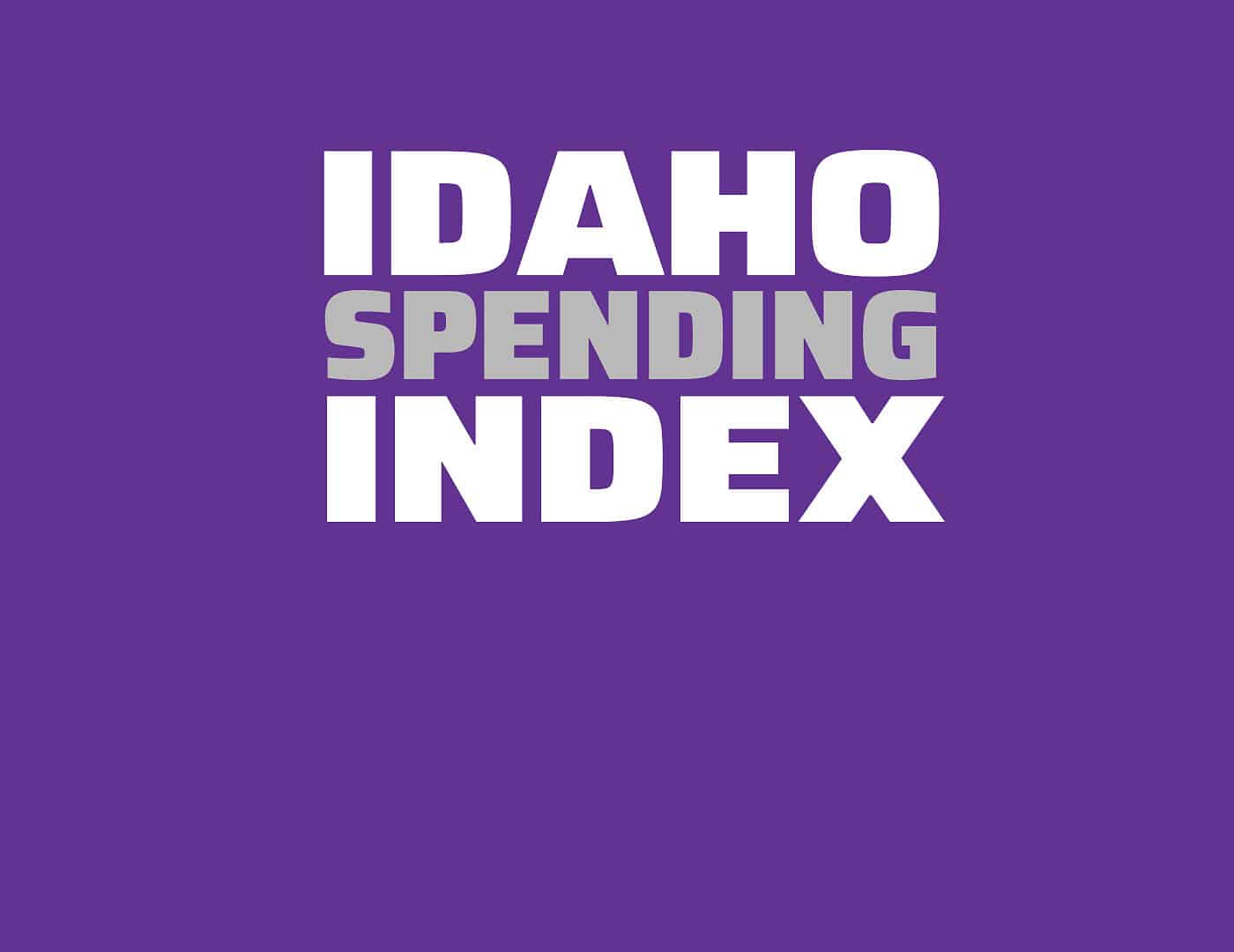


The Idaho Spending Index serves to provide a fiscally conservative perspective on state budgeting while providing an unbiased measurement of how Idaho lawmakers apply these values to their voting behavior on appropriations bills. Each bill is analyzed within the context of the metrics below. They receive one (+1) point for each metric that is satisfied by freedom-focused policymaking and lose one (-1) point for each instance in which the inverse is true. The sum of these points composes the score for the bill.
Analyst: Niklas Kleinworth
Rating: 0
Bill Description: Senate Bill 1182 appropriates $178,009,800 and 259.02 full-time positions to the DHW Division of Public Health Services for fiscal year 2024.
Does this budget incur any wasteful spending among discretionary funds, including new line items? Conversely, does this budget contain any provisions that serve to reduce spending where possible (i.e. base reductions, debt reconciliation, etc.)?
Senate Bill 1182 removes a total of $1,285,800 in federal sex education grants and advertising funds from the Idaho Millennium fund. Specifically, this removes $579,100 in funding for sex education that purports to teach abstinence but actually teaches minors how to perform sexual acts and how to view pornography. This funding came in the form of two grants that will be removed from this budget. The first is the Personal Responsibility Education Program — known as PREP — and the second is the Sexual Risk Avoidance Education program — or SRAE. This bill also bars funding from the Temporary Assistance for Needy Families (TANF) grant to be used to support these sex education curricula. However, it does not cut the overall allocation from this grant because it also serves other functions and programs.
The Department of Health and Welfare has also received consternation from the public for sponsoring events like the Boise Pride Festival to the tune of $20,000. This is not the first time that the IDHW has sponsored Pride events throughout the state. This funding generally comes from the Idaho Millennium Fund, Project Filter campaign to promote smoking cessation. This budget removes the advertising funds from the Millennium Fund appropriation and contains language that prevents the Division from using Millennium Funds for passive advertising and sponsorships.
(+1)
Though there are some bright spots in this budget, there is also a considerable amount of wasteful spending throughout. For example, this motion provides $2.5 million in funding for new ambulances statewide, another $2.5 million for unspecified limited service positions, and another $288,800 for even more vague “personnel adjustments.” None of these funds appear to have been requested in the proposal from the agency or the governor’s recommendation. The Division also plans to spend more than $16 million on pandemic response grants for COVID-19 vaccination and epidemiology and $4.6 million for an ongoing expense that is being funded by one-time federal dollars.
(-1)
Is the maintenance budget inappropriate for the needs of the state, the size of the agency, or the inflationary environment of the economy? Conversely, is the maintenance budget appropriate given the needs of the state and economic pressures?
This legislation sets the maintenance budget for the Division of Public Health at $134,956,700, growing from the base by 6.5% over the last three years. This rate is less than half the rate of inflation over the same period, demonstrating modest growth in the cost to maintain the agency.
(+1)
Does this budget perpetuate or expand state dependence on federal dollars, thereby violating principles of federalism? Conversely, does this budget actively reduce the amount of federal dollars used to balance this budget?
This budget severely increases the agency’s reliance on federal funding to sustain operations. Senate Bill 1182 appropriates $116,418,800 in federal funding. This constitutes 65% of the agency’s total budget. Additionally, approximately 157 of the 259 employees who work within the division — that is, 61% of the total staff — are federally subsidized.
This reliance on Washington, DC, is fueled by the lack of any restraints on federal spending. This budget adds $42.6 million in federal spending through new line items of various federal grants and pandemic relief funding. This grows the influence of the federal government within the Idaho public health system.
(-1)


